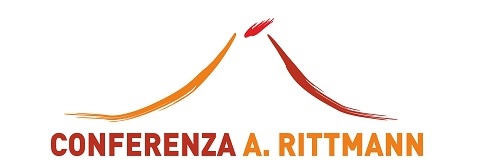Cari Colleghi,
Nell'ambito della conferenza Rittmann 2020 (https://www.conferenzarittmann.it/), che si terrà a Catania dal 12 al 14 febbraio 2020, vi informiamo che è stata attivata la sessione S4 - "Advances in data analysis for geophysical methods and modelling of volcanic systems". Vi invitiamo pertanto a partecipare, sottomettendo i vostri contributi entro il 30 Novembre 2019.
I responsabili della sessione:
Raffaele Castaldo (CNR-IREA)
Luciano Attilio Maria Zuccarello (UGR)
Andrea Cannata (UniCt)
Flavio Cannavò (INGV-OE)
Vincenzo De Novellis (CNR-IREA)
Giuseppe Solaro (CNR-IREA)
Session description: S4 - Advances in data analysis for geophysical methods and modelling of volcanic systems
In volcanoes, the evolution of geophysical data acquisition systems has enabled increasing both quality and quantity of acquired information. Analysis, processing and interpretation of such information can allow detecting unrest and identifying precursors that portend eruptions. However, volcanic activities worldwide still present significant challenges for the knowledge of the structure and dynamics of volcanoes. In recent years, thanks to rapid technological advances, volcano observatories routinely collect vast amount of multi-parametric data (such as seismic, infrasonic, GPS and DInSAR ground deformation, gravity measurements). For this reason, processing and integration of multi-parametric, proximal and remote sensing dataset is crucial for understanding the volcanic processes, increasing the interpretative capacity of the observed volcanic phenomena. In this session, we welcome contributions focused on advances in geophysical signal processing, Data Mining, Machine Learning, Big Data, numerical (analytical and Finite Element) modelling and tools for improved volcano monitoring. Accordingly, the evaluation of the anticipatory elements of potential volcanic activity and its evolution is relevant to understanding and reducing the impact on the populations that live near the volcanoes and on the territory itself. This session is sponsored by the European Union's Horizon 2020 research and innovation program under the Marie Sklodowska-Curie grant agreement No 798480.
Conferenza A. Rittmann 2020 - Call for abstracts Sessione S4 'Advances in data analysis for geophysical methods and modelling of volcanic systems'
-

